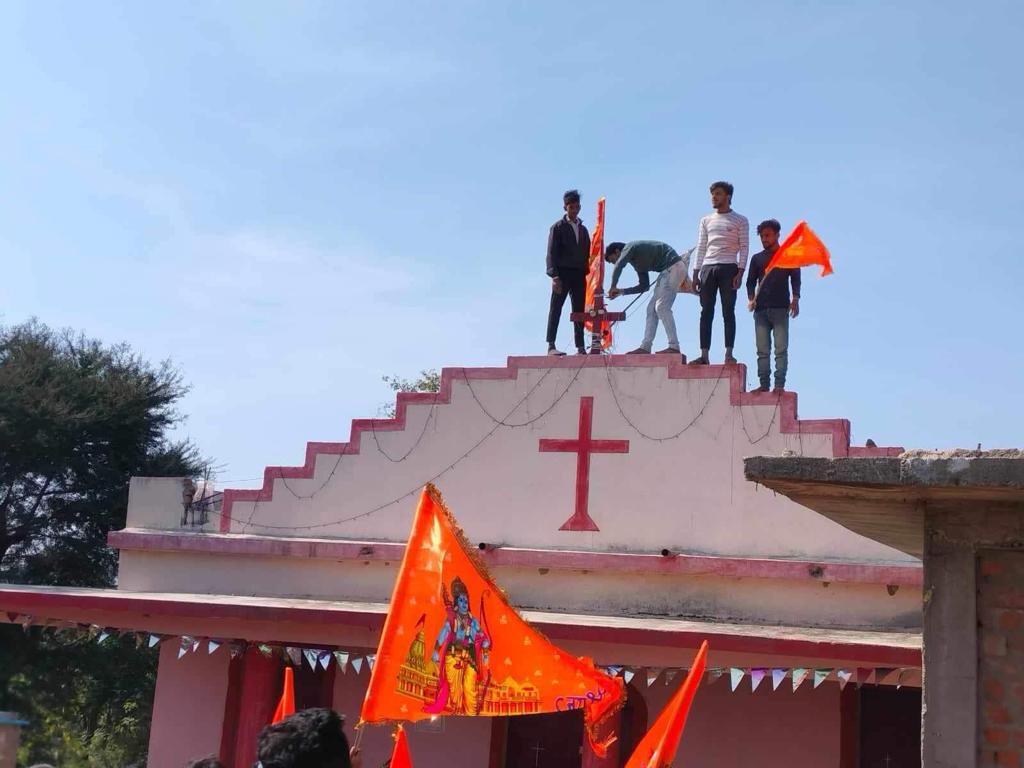In the immortal words of Forest Gump, “Life is like a box of chocolates. You never know what you are going to get.” I can say the same for airlines. You never know what you are going to get. I think I’ve flown every major airline in the world and I’m slowly learning which ones to avoid. I’ve flown Air India sporadically, but never on a direct flight from the U.S.
But after thirteen hours on Air India, I now know what to expect, and that’s not much. The highlight in a string of lowlights was flying over the Himalayas and Mount Everest. It was quite awe inspiring, but all I could think of was the story of the Uruguayan Rugby team that crashed in the Andes in 1972 and a few survived by eating the others.
After arriving in Dehli and spending three grueling hours dealing with customs and security it was on to meet the rest of my team and fly the final leg of the journey to Bhubaneswar. When we finally arrived at the hotel and checked into our rooms, the sight of a bed, a fan, and an air conditioner made me deliriously happy.
On the way to breakfast the next morning, I happened to notice the headline in the newspaper in the lobby announcing the Ram Lala Ayodhya celebration. Since I had no idea what it meant, I paid it no attention. However, after breakfast our organizing pastor asked to speak with me privately. He proceeded to tell me that it was a national holiday in India. The idol of the great Hindu god Rama, who is the seventh avatar of Vishnu, would be placed in the temple at Ayodhya, one of the most prominent temples in India. Politicians and all the muckety-mucks of India would be present for the consecration ceremony, in which the specially selected priests with their incantations and libations would infuse life into the idol.
As we made our way from Bhubaneswar to the coast, crowds chanted, danced, and celebrated. It was like the Fourth of July in the states. But behind the outward gaiety and festive celebrations lies a darker reality. The rise in Hindu nationalism precipitates fierce persecution against Christians and other religious minorities. Just the day before a church had been ransacked and the cross on the steeple replaced by a flag celebrating the enthronement of Rama.
Our host pastor confided in me that he had received a phone call the night we arrived at our hotel that had shaken him. The voice on the other end of the call told him that he and his family were marked for death. The voice went on to warn that he should not leave his house.
But why this hostility and these death threats? It is because my friend is well-known for evangelizing villages and planting churches. He has been continually harassed, beaten, and threatened, but he refuses to stop preaching the gospel of our Lord Jesus Christ.
When he told me about this latest death threat, he asked me to pray because our journey to the coast might be a perilous one should the enemies of the gospel decide to make good on their promise. Nevertheless, we made it to our destination safely. The situation, however, provided quite a sobering personal perspective concerning the reality that our persecuted brothers and sisters live with every day.
Let’s be honest. The most dangerous thing we do as Christians in America is eat too much pork and fried chicken at church potluck dinners. The greatest inconvenience we face is when the pastor goes fifteen minutes over the allotted time for his sermon. The greatest persecution we face is when someone unfriends us on Facebook. But I have never been marked for death. I’ve never had to watch my back. I’ve never had to worry about the safety of my family. People have gotten angry with me and criticized me, but no one has threatened to kill me–that I know of.
The problem is that we think safety is normal Christianity. In fact, we have made an idol out of safety. But what if normal Christianity is not what we experience in America but what believers in India, Nigeria, China, the Middle East, and many other hotspots around the world face daily? What if the American Christian experience is in fact an aberration?
When Jesus sent out the seventy-two, He warned them, “I’m sending you out as sheep among wolves.” Sheep among wolves. That’s the normal Christian experience. Marked for death. That’s the brutal reality the majority of the world’s Christians live with every day. Isn’t it interesting that the places in the world where persecution is the greatest, are the very places the Christian faith is growing the fastest, and the places where Christians are the safest, are the places where Christianity is in steep decline?
I am not a sadist. I do not want to experience persecution. I enjoy and cling to my safety as much as anyone else. I am not a member of the martyr cult. I do not want to be marked for death. However, I cannot imagine a life and ministry where I am not known in both heaven and hell. For it is only those on the frontlines of gospel advance that are privileged to wear the moniker “marked for death.”
Well, we have arrived safe and secure at our training location, and pastors from all over Odisha state are starting to arrive. We will begin training tomorrow by God’s grace. As always, your prayers are appreciated.
Until next time, good night from Gopalpur!
